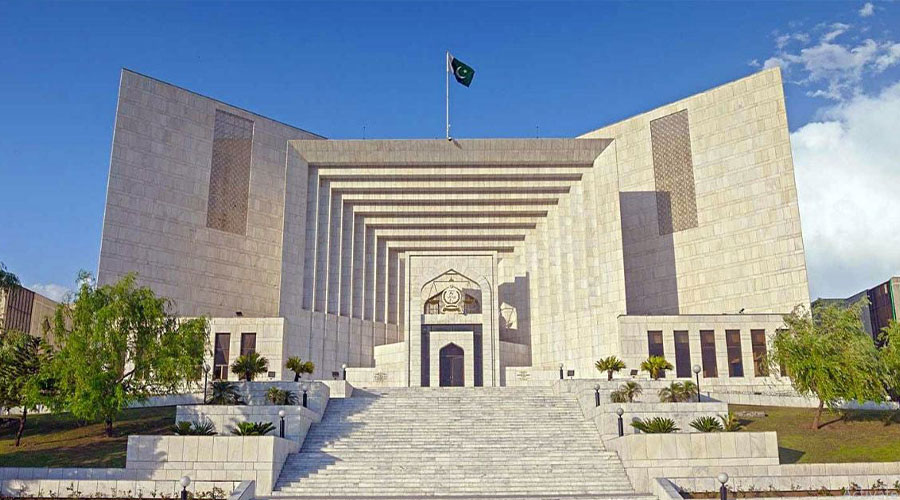In a recent ruling, the Supreme Court of Pakistan (SCP) has declared that DNA testing without consent violates a person’s privacy rights. The case centered on a dispute over a gift mutation granted by Muhammad Hussain to Muhammad Nawaz, which Hussain’s nephew contested, claiming that Nawaz was not Hussain’s son. During the trial, the nephew requested a DNA test to determine parentage.
The Supreme Court emphasized that bodily autonomy and privacy are fundamental rights and that unauthorized DNA collection can be a violation of a person’s autonomy and freedom. The Court noted that intrusions into a person’s DNA can lead to potential misuse or unauthorized disclosure of genetic information, which could have significant implications for a person’s personal and professional life.
While DNA testing can provide critical information for legal and personal reasons, it can also raise privacy concerns when individuals are tested without their knowledge or consent. The Supreme Court stressed that fundamental rights can only be interfered with if regulated by law made by the legislature.
Read More: Supreme Court Issues Notices to Officials Over Failure to Disburse Funds for Elections in Pakistan
In this case, neither Nawaz nor the individuals named in the DNA test consented to the procedure, and the trial court had previously dismissed the nephew’s application for the test. The ruling makes it clear that any executive or judicial act taken in respect of a person’s rights to liberty, privacy, body, or reputation must be backed by some law.
The Supreme Court’s decision underscores the importance of protecting personal privacy and bodily autonomy. The ruling restores the order of the trial court, which had previously dismissed the application for a DNA test, and makes it clear that no action detrimental to a person’s liberty, body, or reputation can be taken except in accordance with the law.



























